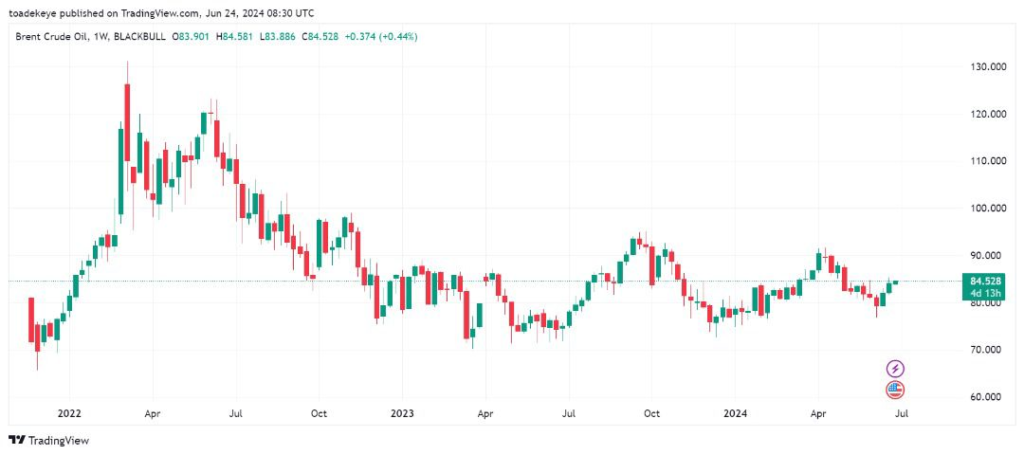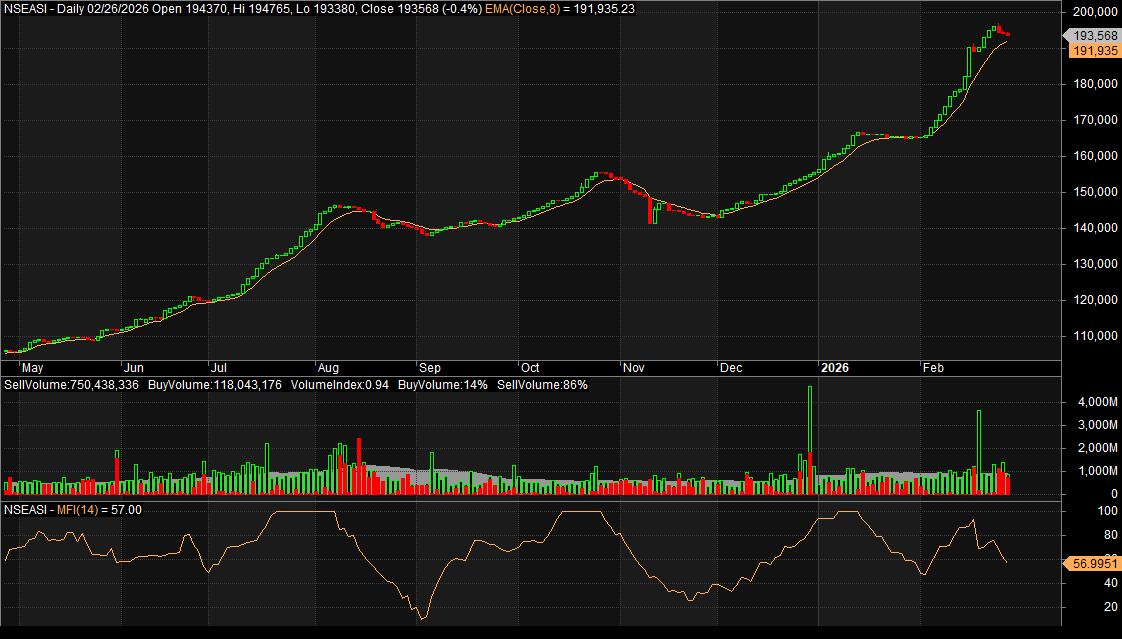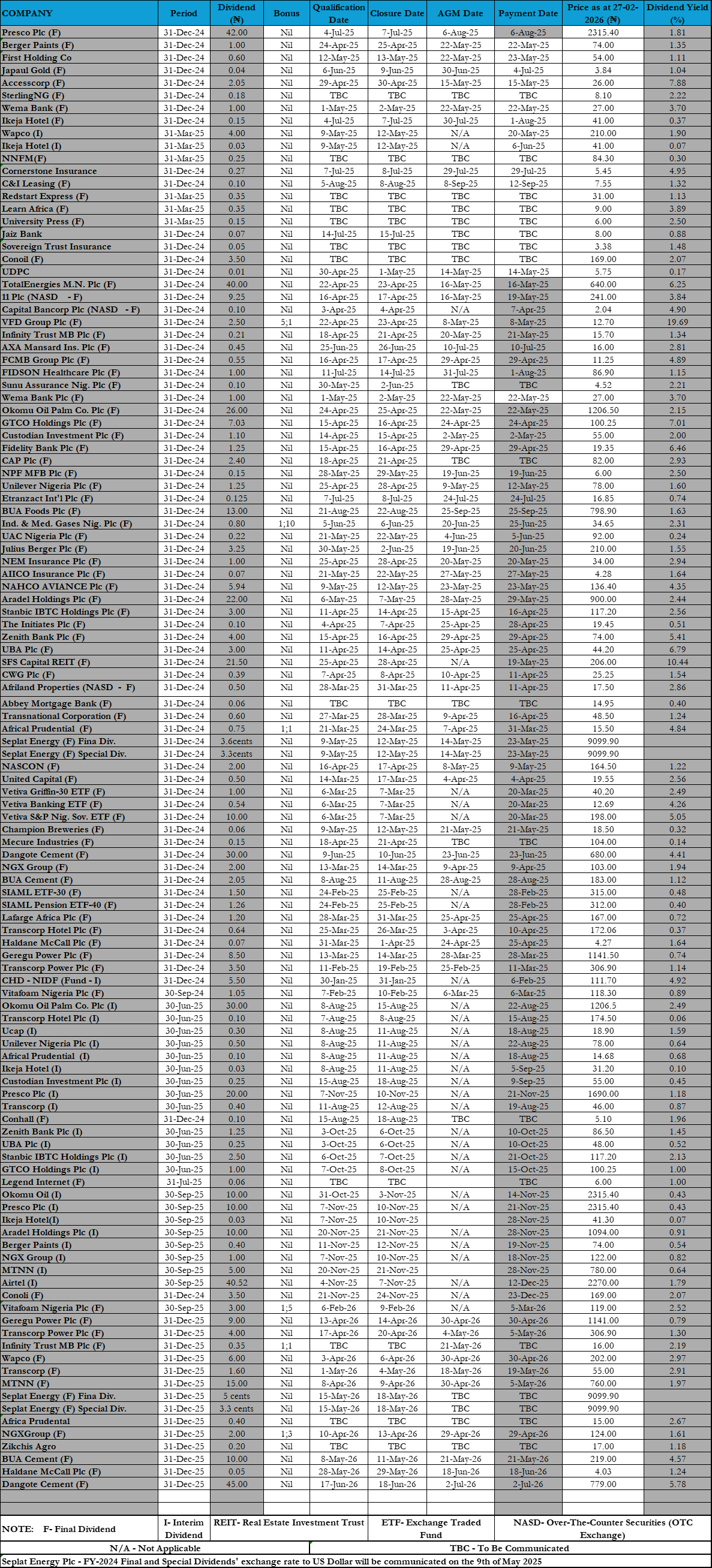
Crude prices eased about 1% on Friday on worries that global oil demand growth could be hit by a strong U.S. dollar. The U.S. dollar (.DXY), rose to a seven-week high versus a basket of other currencies.A stronger U.S. dollar can also reduce demand for oil by making greenback-denominated commodities like oil more expensive for holders of other currencies. Brent futures was down by 0.6%, to settle at $85.24 a barrel, while U.S. West Texas Intermediate crude (WTI) by 0.7%, to close at $80.73.For the week, both crude benchmarks were up about 3% after gaining about 4% last week.
Why Bitcoin Is Declining
Bitcoin experienced a 2.30% drop, reaching $63,500, its lowest level in over a month. This decline was linked to a series of outflows from Bitcoin’s spot exchange-traded funds (ETFs) and a noticeable decrease in BTC market dominance as altcoins gained traction. U.S.-based spot ETFs. Notably, these investment vehicles have witnessed nearly $500m in withdrawals since June 10. These ETF outflows coincide with a rise in U.S. dollar’s strength versus a basket of top foreign currencies, signaling a growing risk-off mood among investors.most investors have rotated their capital out of the Bitcoin market to seek opportunities in altcoins, particularly in the wake of the U.S. Securities and Exchange Commission’s (SEC) decision to end its investigation into Ethereum, the leading altcoin by market capitalization. However,the outflows were entirely focussed on Bitcoin, seeing US$621m outflows
The German Federal Criminal Police Office (BKA) has sold over $195m in Bitcoin seized from a pirated movie website in January 2024, contributing massively to the downtrend.
Nigerian Diaspora Remitted Over $21bn Back Home
The Nigerian diaspora has sent over $21bn back home, underscoring their vital role in the nation’s economy. This places Nigeria among the top countries globally in receiving personal remittances, following giants such as India ($125bn), Mexico ($67bn), and China ($50bn).These remittances include both personal transfers and earnings from work done abroad. With Nigeria’s stock market valued at approximately $37bn, the impact of the $21bn in remittances is significant. However , these figures indicate that remittances constitute more than 56% of Nigeria’s stock market capitalization.
Nigeria’s Public debt surged by 25%
As of March 31, 2024, Nigeria’s total public debt has risen sharply to N121.67tr (about $91.46bn), a significant increase from N97.34tr (approximately $108.23bn) reported on December 31, 2023. This surge reflects a 24.99% rise, primarily influenced by the devaluation of the naira. In dollar terms, however, the debt decreased by $16.77bn, marking an 18.34% decline. The debt encompasses obligations of the Federal Government of Nigeria, thirty-six state governments, and the Federal Capital Territory.











